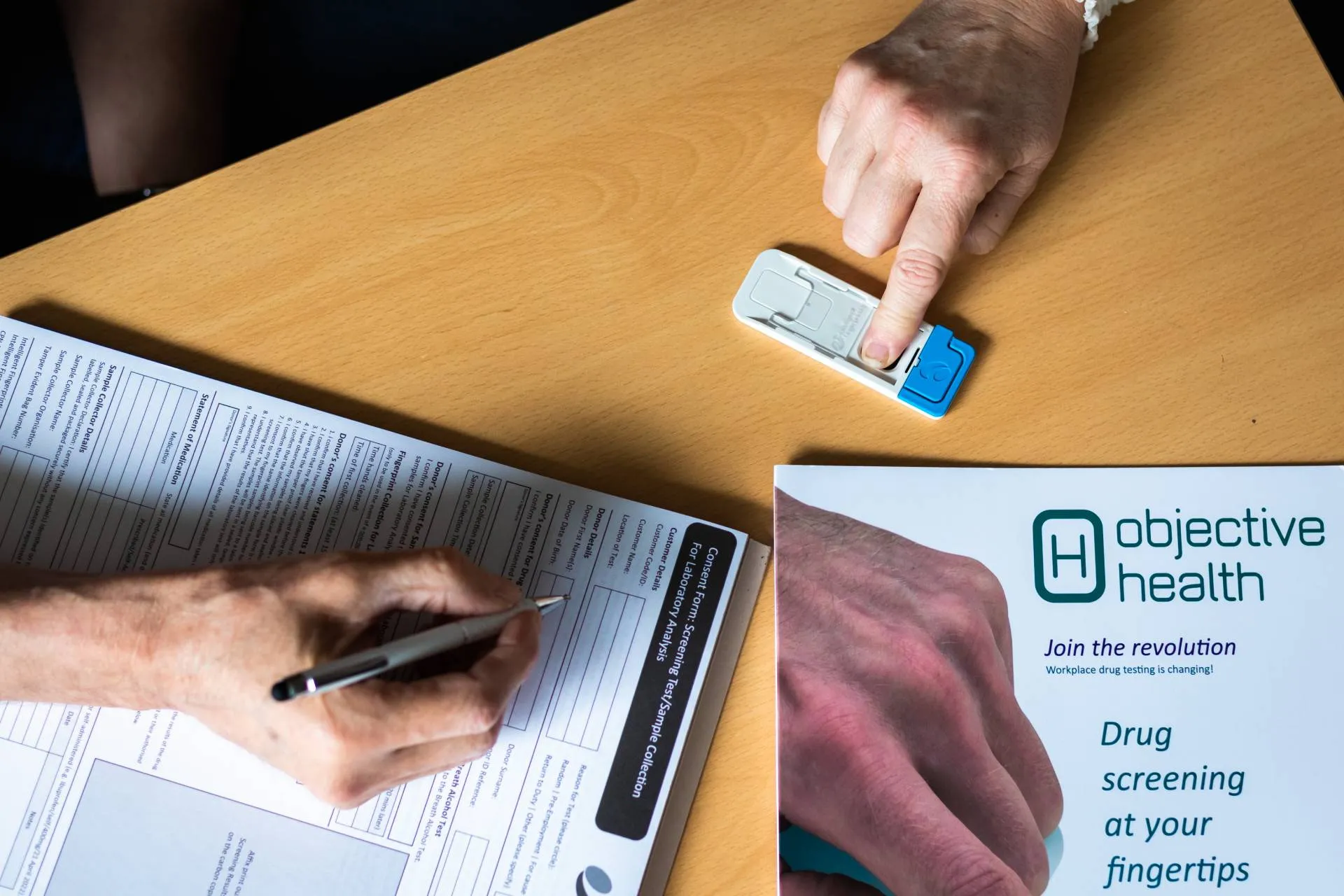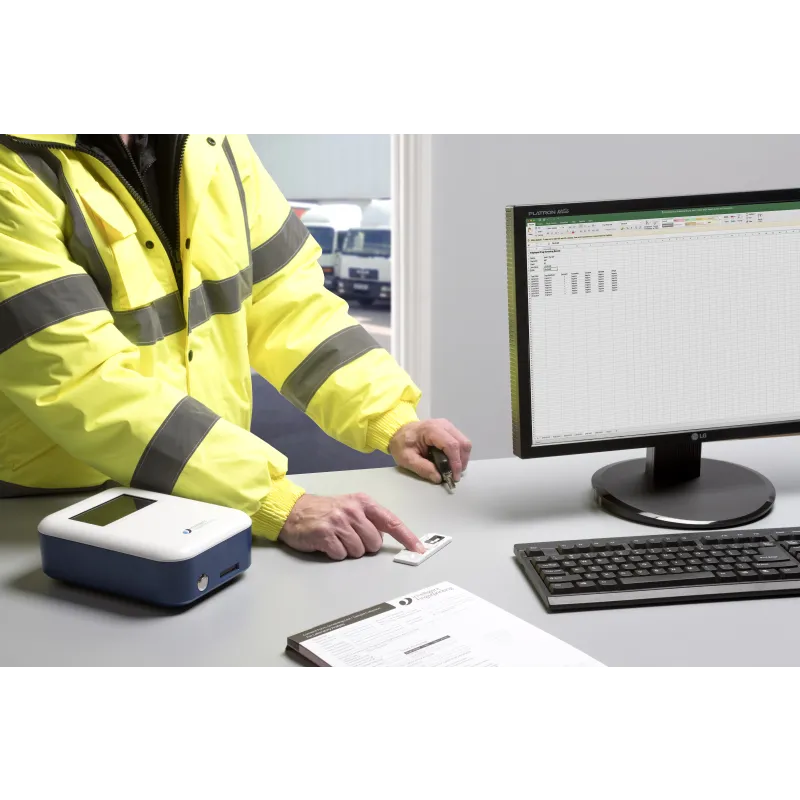

At Objective Health, we provide expert-led workplace training designed to help businesses meet legal requirements, reduce risks, and equip employees with essential skills. Our courses cover first aid, health and safety, drug and alcohol awareness, and professional development, ensuring your workforce is competent, compliant, and prepared.
"Required drug screening for new job and rang here after being quoted ridiculous prices elsewhere in Newcastle. Service costs half what others were charging and they also come to you and do the test at home. Staff very friendly and engaging. Would recommend."
- Marc Johnson

Every business has different training needs. We offer tailored courses in drug and alcohol awareness, first aid, manual handling, and workplace safety, ensuring employees gain the skills they need to stay safe and compliant.
Our certified instructors deliver recognised qualifications, covering industry-specific risks, company policies, and regulatory standards, with official certification upon completion.
With on-site, off-site, and custom training options, we provide practical, hands-on learning that applies directly to your team’s roles.
